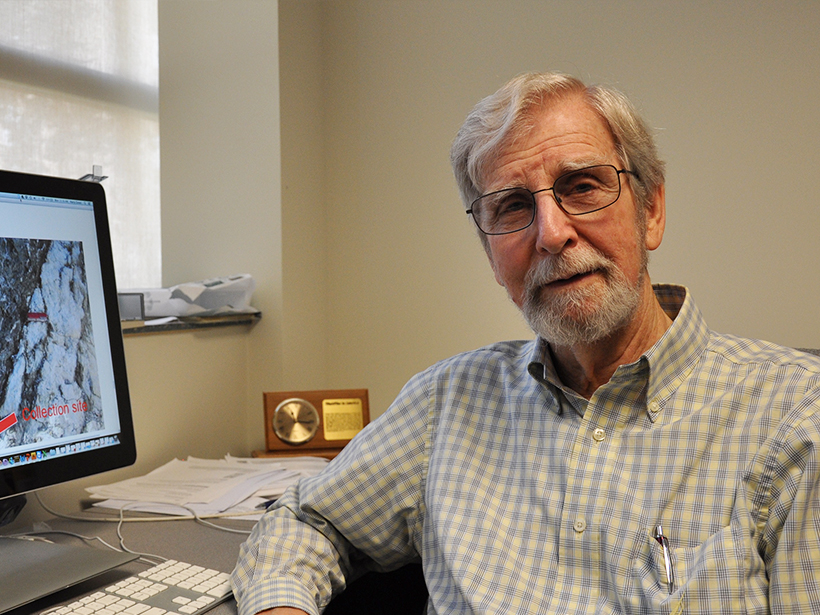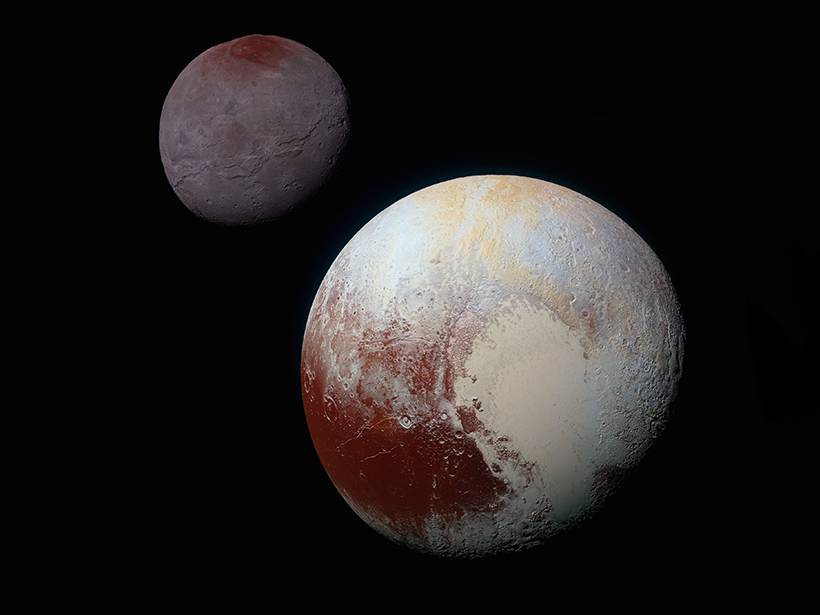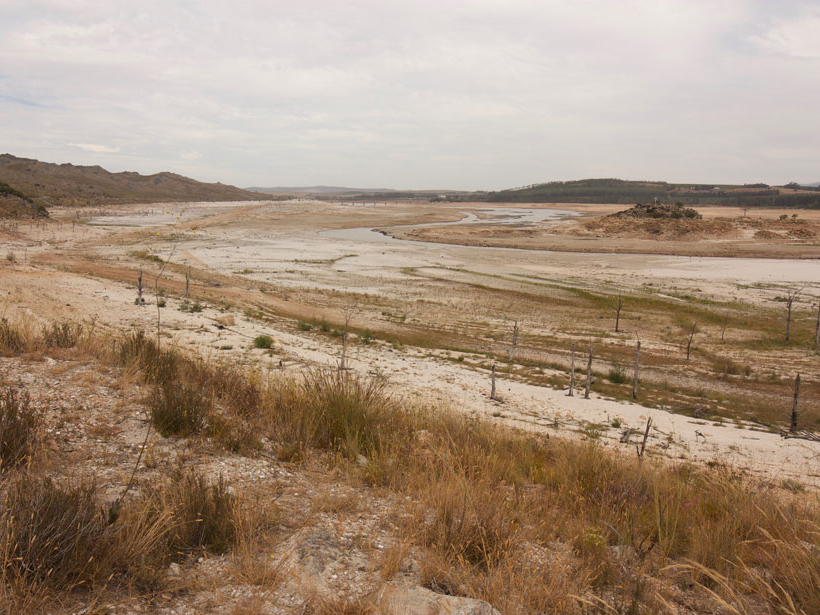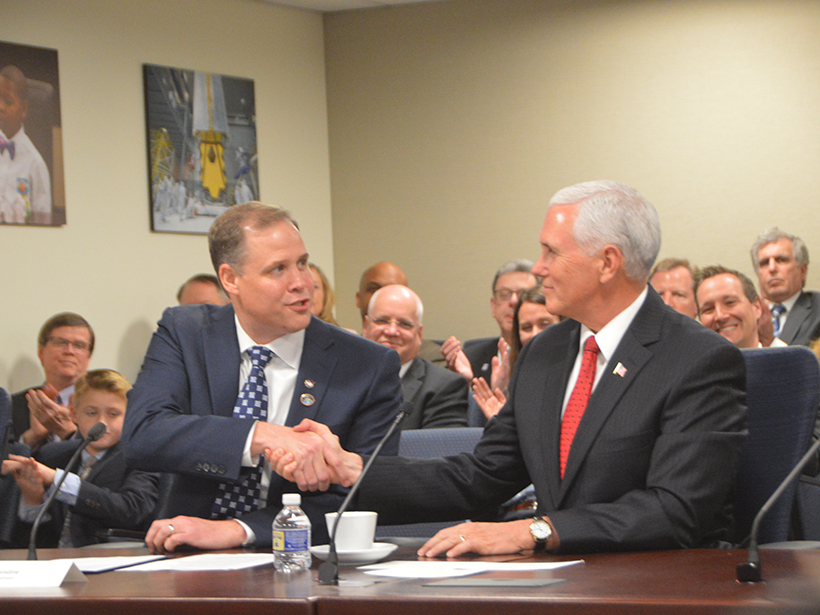Taking the helm just as the museum is poised for a major renovation, new director Ellen Stofan told Eos she looks forward to taking the museum “to the next level” and exciting people about science.
News
Satellite Data Archives Reveal Unrecorded Himalayan Floods
Almost 30 years’ worth of Landsat observations created a comprehensive inventory of catastrophic floods caused by glacial lakes bursting through their rock dams.
New Lander en Route to Probe the Red Planet’s Interior
The Mars InSight mission aims to answer key planetary science questions about seismicity, meteorite impacts, and the formation of rocky planets.
Former AGU Executive Director A. F. “Fred” Spilhaus Jr. Has Died
Spilhaus led the organization during a period of significant growth and accomplishments.
Harry W. Green II (1940–2017)
By keenly probing mantle rheology, interactions of deformations and phase transitions, and microscopic features, he made major contributions to petrology, mineralogy, and earthquake science.
New Book Conveys Details and Flavor of First Mission to Pluto
New Horizons principal investigator tells Eos that the mission has revolutionized our understanding of small planets.
New Simulation Supports Chicxulub Impact Scenario
Mountains ringing the center of Earth’s most famous impact crater consist of porous rocks. Computer models of the impact can now predict those rocks’ microstructure.
Will Cape Town Escape Its Water-Starved Fate?
Despite ramped-up conservation efforts and hopes lifted by a few recent rainstorms, residents of the South African metropolis still face the possibility of a water doomsday.
Former NASA Administrator Weighs in on New Space Agency Head
Charles Bolden, who led NASA during the Obama administration, tells Eos that the new director can do a good job if he focuses on the agency’s mission, listens to the staff, and remains apolitical.
New NASA Administrator Sworn In
Bridenstine says bipartisanship “is important in space.” Many Democrats, however, worry that he will be too partisan.










